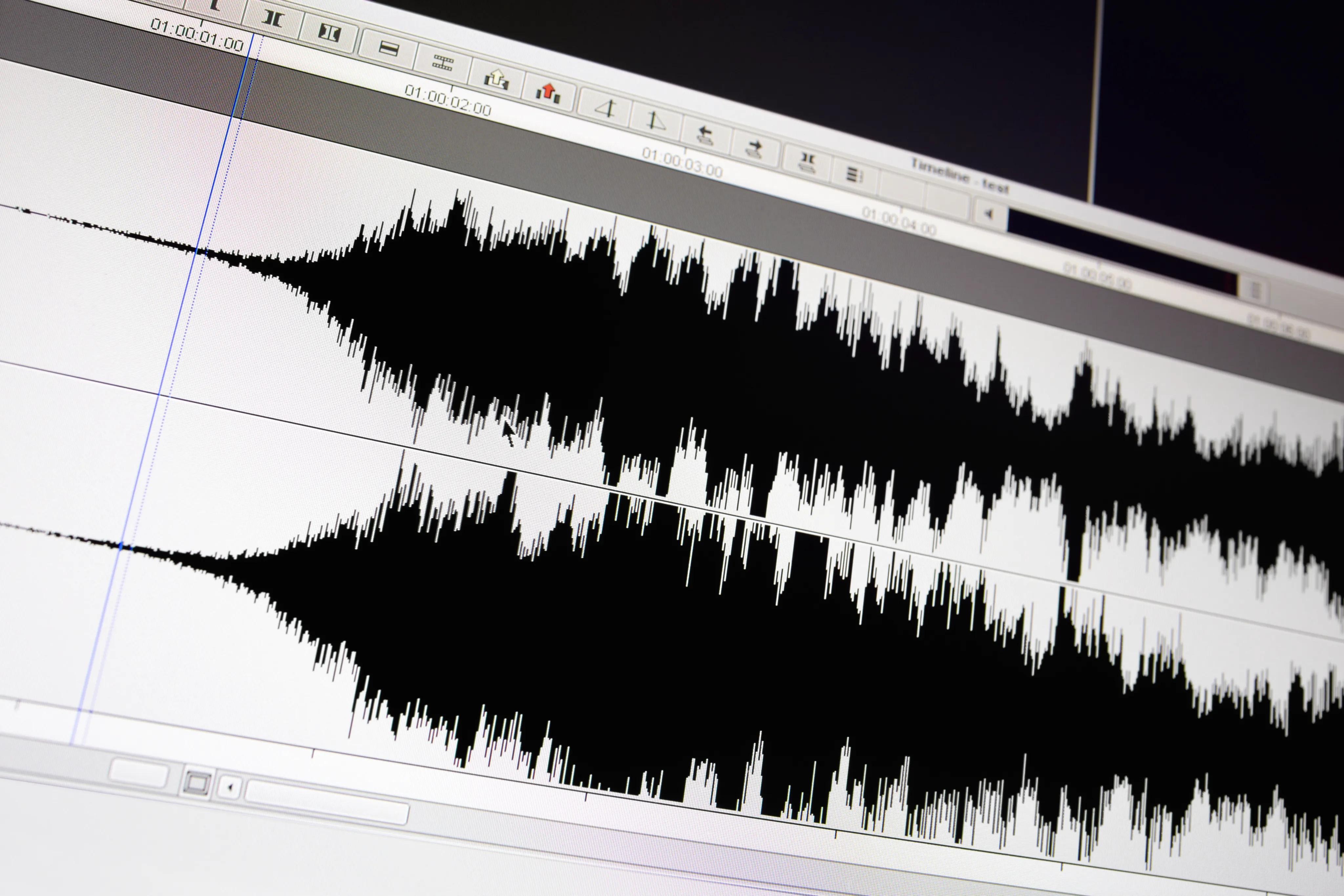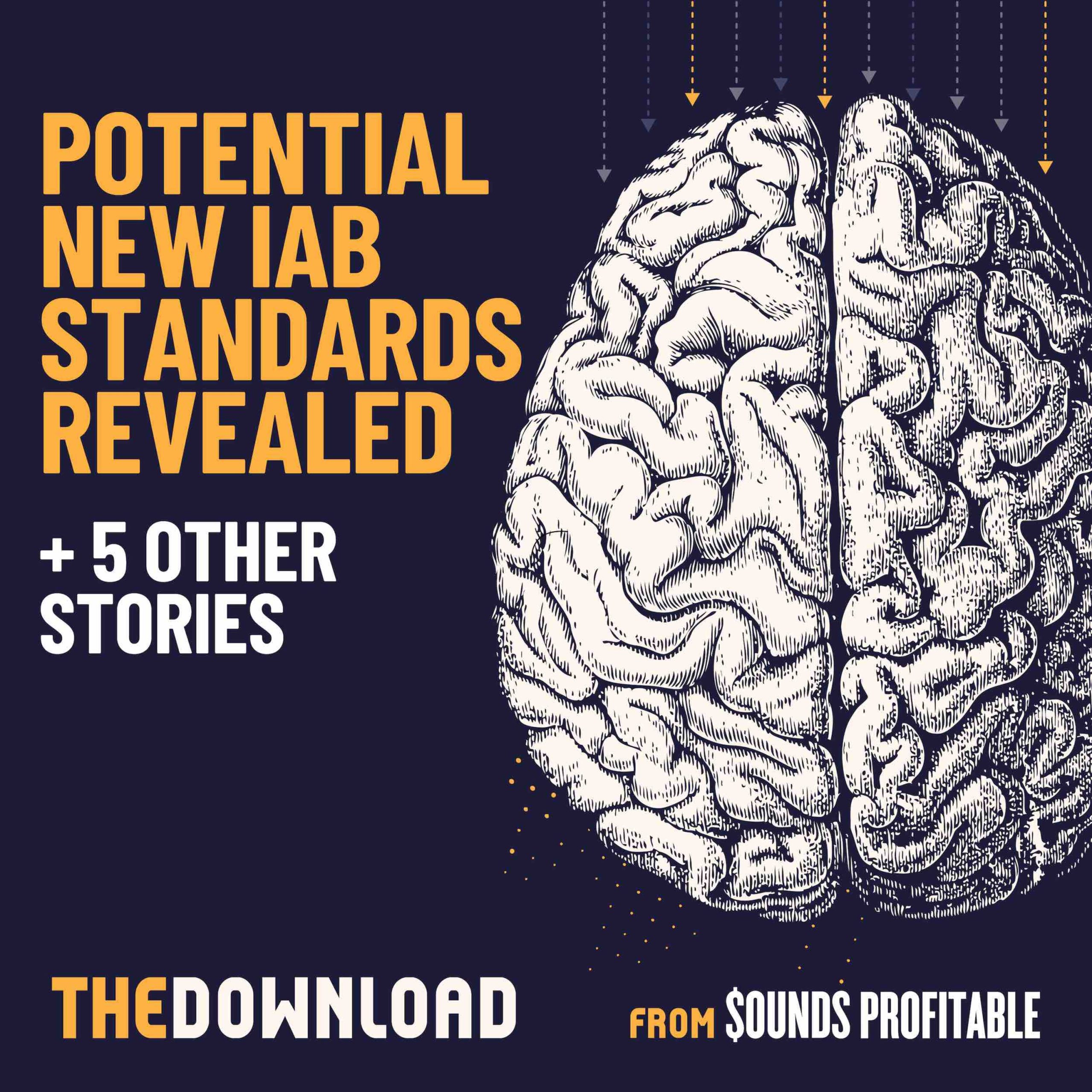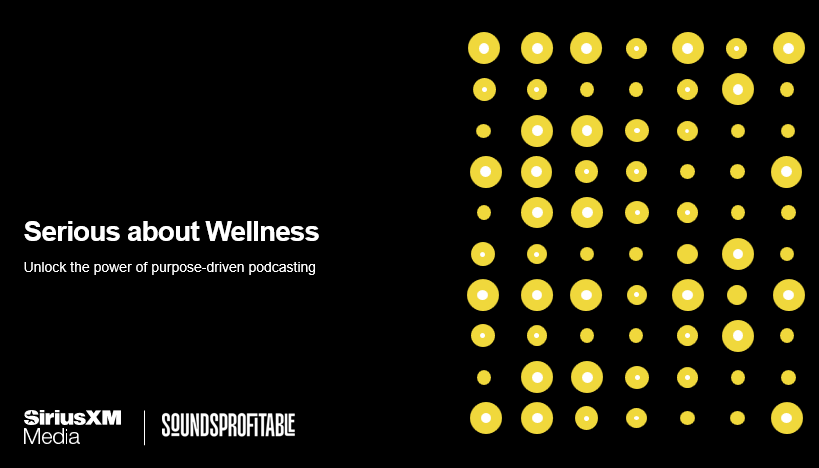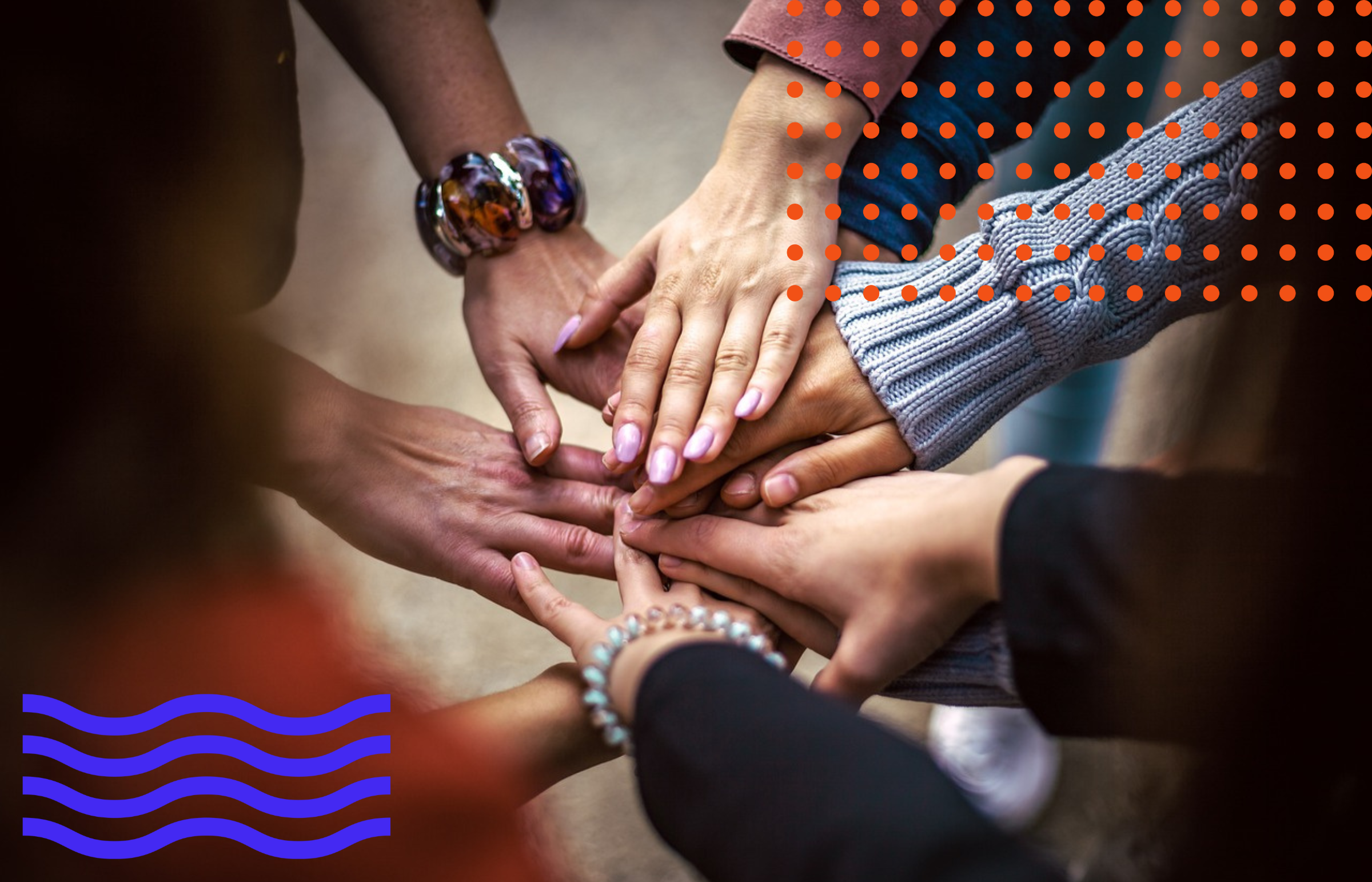00:00:03
Arielle Nissenblatt: As a brand, should you enter the podcast space via advertising or by making a branded podcast? What's more effective? That's what we're discussing on this week's episode of Sounds Profitable: Adtech Applied. I'm your host Arielle Nissenblatt. Thanks to this month's sponsor Advertisecast, advertisers and podcasters find the perfect ad placement at Libsyn Advertisecast marketplace. Enjoy huge inventory and full service. Get started at advertisecast.com. Special thanks to our sponsors for making Sounds Profitable possible. Check them out by going to soundsprofitable.com and clicking on their logos in the articles.
Hello. Arielle here. No Bryan up at the top of the show this week. You're stuck with just me, but you'll hear from Bryan in just a moment. Let me kick it off for you first. In this episode, you're going to hear all about branded podcasts, advertising on podcasts, and how brands should decide between the two when laying out their goals. Bryan spoke with Shantae Howell, who is the creative director for the Americas at Acast. In their conversation. Shantae makes the point that while a listener isn't going to spend 28 minutes listening to an ad for your product, they might spend 28 minutes listening to a story, and your product could line up really well with that story. If you're unfamiliar with the concept of branded podcasts, here's a quick list of ones that I've enjoyed over the years, and hey, you might not have even known that these were branded.
First up, we've got Why We Eat What We Eat. That one is from Blue Apron. Then we've got Work in Progress, which represents Slack's second run with branded podcasts. There's also Inside Trader Joe's. You probably knew that one was branded, but it was such a good time. Right? Then there's The Sauce from McDonald's. This one was created in 2018 in response to a PR problem. As you can tell, there are lots of reasons to make a branded podcast. When done right, they can be a great way to spread brand awareness, tell stories, interact with customers and so much more. I'd love to know what branded podcasts you listen to, and if it made you think any differently about that brand that was associated with that podcast. You can tweet at me. I'm @Arithisandthat, and of course you can tweet at Sounds Profitable. We are @soundsprofnews.
About that conversation between Bryan and Shantae, I'm about to hit play on it, but here is what I want you to listen in for. Number one, the difference between sponsorships and advertising. I've always wondered, and Shantae and Bryan break it down. Number two, when to consider making a branded podcast for your product, service, or organization. At what point should you consider that? Is it in the brand awareness phase? Is it in the customer acquisition phase? Where along your path should you be considering getting into the audio game? Number three, if you do decide to make a branded podcast, what are the factors that go into the creative process? How do you ensure that it is streamlined and that it is actually going to be a success for you, however you define success? Okay. Let's get to that conversation right now.
00:03:06
Bryan Barletta: How do you get from selling advertising to selling branded content?
00:03:11
Shantae Howell: Yeah. I think the way that I think about branded content, as opposed to ads and sponsorships, which should always be complimentary of branded content, is that branded content really allows for you to maximize that time spent with a listener. If you think about it in terms of what we do with ads and sponsorships, we're always looking to build that frequency, to build that relationship, to do sequential messaging, and branded content really allows you to do that in a singular format in a three to five minute branded segment, in a full-branded episode, in a branded podcast series so that you're building up that time spent with a listener in almost like an extended way because folks aren't going to spend 28 minutes with a sponsorship, but they will spend 28 minutes with a story that's tied to your brand. That's the way that I think about how you can go from those "standard formats" to branded content.
00:03:57
Bryan Barletta: Yeah, I like that. When I think about it, the area that podcasting suffers the most is that there aren't a lot of standalone creative shops, or the creative shops have big holding companies that have audio experience. Any of them have video or web and whatnot, but audio specific storytelling has been challenging. I think that the companies that can really do that well are really excelling in the space. When I think about this, is the right way to look at it that someone who's building an ad, who's experienced at building an audio ad, and they're trying to get into 30 or 60 seconds, should be thinking about the five or the 15 or the 30-minute experience of that, but really just trying to deliver it short, or is it the other way around? Do you build towards the branded content and then make an ad version of that? Which one's the chicken, which one's the egg?
00:04:45
Shantae Howell: Oh gosh, I would say ads and sponsorships are probably the chicken because you want to get to know your audience a bit first. You want to see what podcasts are they really resonating with. I think once you figure that out, that tells you what are the stories they're interested in hearing, and you can start to make the connection between those stories, the podcasters that really resonate, and how you can do some deeper storytelling with your brand.
00:05:06
Bryan Barletta: Love it, love it. Would you say that most of the ads, it's not just the first ad hits or the first sponsorship hits, and they go, "I want to go to branded podcasts." It's usually a few steps into it.
00:05:17
Shantae Howell: Absolutely. Unless you're talking to teams that are usually also in the business of doing branded video, or written content, or really familiar with other formats, folks are really coming to audio to test shorter form formats, to learn about their audience, to do some direct response or brand awareness on a really scaled level, get familiar with their audience and then really tap into that audience to tell a deeper story and connect with them on a deeper level.
00:05:40
Bryan Barletta: Well, Acast, at your size, you're dealing with a lot of really sophisticated buyers. I guess my question to you is the people that come to you, are you talking them from advertising into branded, or are a lot of them coming over with the mindset of branded to start?
00:05:56
Shantae Howell: Yeah. I think some folks come in and don't know they want branded. I've worked with the sales team and noted some of the trigger words. Some folks say they want custom sponsorship or a hundred percent SOV, and to me that sounds like branded content. That sounds like a branded episode. It's really about saying these are the things that you want. This is how we can actually bring them to life in a way that feels really impactful to your audience. Here's the story that we can tell around this, and here's a podcaster that feels like a really good fit because they're already talking about your brand, or they're already talking about the topics that you've uncovered to be really important to your listeners.
00:06:28
Bryan Barletta: Gotcha. Gotcha. The podcast or the host in this situation that you make the association with, how much control and personality are they bringing to the table? Is Acast in this situation, or is anybody who should be selling branded content, should they be treating it like bullet points in a host read where you're giving them direction, or is it a little bit more involved? Do you have to get really deeply involved in the scripting process and everything?
00:06:52
Shantae Howell: Yeah. It's absolutely a partnership and it definitely depends from advertiser to advertiser. There are some cases in which an advertiser might have too many stipulations for branded content on an existing podcast, might not be the best fit for them, but oftentimes the conversations that we're having start with our creators actually, and having the conversation of what are the stories that you want to tell but don't maybe fit within the existing framework of your show? What stories would you be interested in telling perhaps as a bonus episode? It can fall outside of the usual editorial content, but still really feel authentic to your voice and give listeners a little something extra of your personality of your story that they'd be interested in hearing.
Then on the flip side of that, we work with brands, and when we get opportunities coming in the door, there's an aha moment where it's like, we just had this conversation with Brooke of Naked Beauty, or the Los Angeles Girls. We know that there's going to be an incredible fit here because we already know that they want to tell this story that feels such like a perfect fit for this brand.
00:07:45
Bryan Barletta: Well, that's awesome. I tend to think about branded content and advertising as the advertising and sales team bringing it to a podcaster and saying, "Would you like to do this?" With the scope of how you do business, it seems like you are positioned, if you have strong account management, to be able to identify what people want to tell us stories and almost shop those stories around to advertisers that you are already in contact with.
00:08:07
Shantae Howell: Absolutely. It definitely works both ways. I think another way that I pitch under duress when we don't have the opportunity to do that is to really think about what is a universal story that we could tell, think about a few podcasters that feel like a good fit, and then also make sure that as we're going through the process and there's interest we're then gut checking and seeing what are the tweaks that could be made to this concept. Doesn't feel like a good fit for one beauty podcast over another. There's a variety of ways that things could happen depending on the timelines in play.
00:08:36
Bryan Barletta: I really enjoy this. We're trying to challenge things in podcasting. Obviously when you're at a few thousand downloads an episode, things are difficult, but as you're in the enterprise or mid-level space, you really can try different things. I like to separate out the idea of sponsorship from advertising, advertising as a CPM based model in the advertiser's best interest to try and get a one to one match on all their value. Whereas sponsorship is the publisher really saying, "Hey, I have this. I have this audience. I have this value. I have this storytelling method. I am worth this amount," and negotiating more flat than about transactional actions, which is exciting. This is an evolution of that. This is the challenge to say it doesn't just have to be, "Hey, come be a small ad segment in my show," but it could be, "Hey, I want to tell a bigger story and you are right for it."
00:09:24
Shantae Howell: Yeah, absolutely. I mean, we are doing everything in our power to actually do this with smaller shows as well and recognize the value in smaller shows. We've done a number of executions with some smaller shows and some bigger shows, and obviously that means the payout and the monetization looks different from podcaster to podcaster. It still means folks getting paid equitably based on the value that they're bringing to the table. Sometimes we see the return in terms of listen through rate or other metrics that we're looking at. Awareness preference in buying after interacting with the content can be more valuable on a smaller show, so we're looking to match the bigger and the smaller shows on a plan where there's the opportunity to highlight multiple podcasters to really make sure that we're giving love to podcasters of all sizes and really paying attention to even the niche audiences that still have a huge buying power.
00:10:09
Bryan Barletta: Yeah. Yeah. I ran across an IT podcast forever ago that did a couple thousand downloads an episode, but was making half a million dollars because it was specifically for high-end IT executives. These advertisers needed to make one sale a year to be profitable on the ad spend of six figure ad spend with these shows. We really shouldn't take that for granted. This mindset really teaches people that. I like what you said that you're working with publishers of every size because that gets into a big movement I feel that we're having in the podcast space, is that podcasting is a fantastic creative channel, but because it's open, because it's the base of video, because it can be an origin source of written word, it is really about podcasters knowing that there are content creators and exploring more than that.
I mean, when I do a podcast episode, and we make the headliner clips, or the little social cards with the quotes and whatnot, and we provide them to the guests, or we share them ourselves, they get a lot more buy-in, and so your reach just doesn't become the number of downloads that you get. It becomes how can those assets be used elsewhere? Content creation, as we all know, is incredibly time consuming, and sometimes it's hard to embody a different perspective. Effectively being able to look at this as, yes, this is a big ad, but it also is getting a unique audience, and we're also getting unique content that we can share, that's really powerful.
00:11:34
Shantae Howell: Absolutely. Yeah. Confidentially, but not so much, I guess, got into trouble on this when I was working on my show because it is so much work to put in all of this work into creating a body of audio and then thinking about all of the different extensions and how best to engage folks. We have this conversation with our creators and our advertisers all the time. Our podcasters are building ecosystems. They're businesses in their own right. They have blogs and newsletters and wildly large social followings. In some cases, they're social followings, despite the fact that they really started through audio, end up being bigger than their audio platforms. They really play into all of those different parts of the ecosystem that they're doing, the live events, the social, all of that good stuff. Some folks are doing live streams on YouTube and Twitch. It's a really incredible opportunity for advertisers to really build 360 platforms that are podcast first, but have the ability to go beyond.
00:12:27
Bryan Barletta: In complete agreement there. Now this challenges a little bit of the fundamentals of podcasts. We focus so much on downloads. We focus so much on CPMs, and we understand the deliverables of advertising. I've got to assume because the price point is different because there's a little bit more, a little bit more, there's a lot more creative lift, are the deliverables and expectations different from the advertiser's side?
00:12:49
Shantae Howell: Yeah. I mean, the biggest thing to me is that we set expectations from the upfront. We have a process where we go through the pitch, which we do in this world. I don't think it's specific to Acast, but what we do do once we get to the point of production is making sure that we're filling out a briefing form, getting all of those necessities and mandatories from the advertiser and locking those in. Then we work with our podcasters to create a treatment form. That really gives us the space to integrate those mandatories, giving them space for some editorial control and storytelling, and then vetting that by the brand so that all of that murky redlining can happen in the upfront so that once it's time to record, podcasters feel really comfortable with the content creative direction.
I think that really minimizes edits in post, and so that really actually allows the process of branded content to be much more streamlined than I've sometimes experienced in the past because we're taking care of all of that nitty gritty on the upfront instead of having to go back and rerecord and edit out all of these different elements.
00:13:54
Arielle Nissenblatt: Thank you for listening to this conversation between Bryan Barletta and Shantae Howell. I hope you learned something new. If you're considering starting a branded podcast, please do let us know. We'd love to connect you with some folks who can make it happen. Listeners, what do you think about the show? We want to hear from you? Please reach out if you have any questions or comments. We're on Twitter @soundsprofnews, @BryanBarletta, or @Arithisandthat. If you want to send us an email, that's podcast@soundsprofitable.com. This show is recorded with squadcaast.fm. Full disclosure, I am the community manager at Squadcast. I think that it is the best place to record studio quality video and audio for content creators. I use Squadcast for every interview, and Bryan uses it for every product deep dive, and he encourages you to check it out. You can go to squadcast.fm for a free seven-day trial and let us know what you think.
Do you want more from Sounds Profitable? We have a few more podcasts that you can explore. First up is Sounds Profitable, the Narrated Articles, and then there's The Download, our podcast about the business of podcasting. Both of those are available also in Spanish. You can find links to them in the episode description. Thank you to Evo Tara and Ian Powell for their help on this episode. Thanks for listening to this episode of Sounds Profitable: Adtech Applied with me, Arielle Nissenblatt.


 "
"



